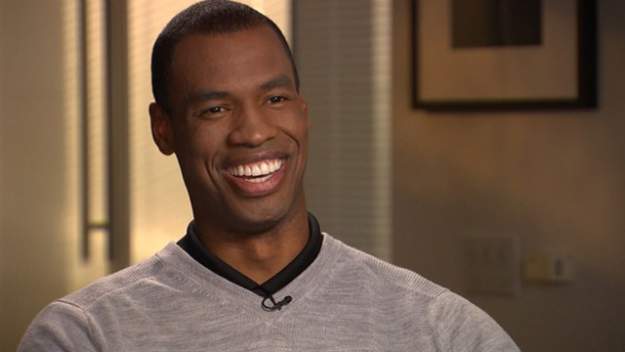Philadelphia is continuing its efforts to hold public conversations about diversity and inclusivity in the gay community after several club owners and community leaders displayed racism in the past few years.
In that vein, The AARP hosted an event last night in collaboration with SAGE and the City of Philadelphia’s Office of LGBT Affairs in order to discuss cross-cultural challenges that the LGBTQ community constantly deal with.
"The City of Philadelphia is here to help our diverse population," said Amber Hikes, the Executive Director of the Office of LGBT Affiars, "It is our mission to do it, and to let Philadelphians know what resources are available. I'm proud to represent the City of Philadelphia as we work to support and advocate for the LGBT community."
If you think these discussions focused only on race, you would be wrong. In fact, the conversation flowed into talking about other challenges such as generational issues and remembering diverse groups during policy making.
But of course, one of the biggest moments was when keynote speaker Jason Collins got up to talk.
Jason Collins is a retired NBA player who played for 13 seasons. Collins played for many teams like the Houston Rockets, the Boston Celtics, the Minnesota Timberwolves, the Atlanta Hawks, and more.
Then, at the end of the 2012-2013 NBA season, Collins publicly came out as gay. This then led to him being the very first publicly gay athlete to play in any of the four major North American pro sports leagues.
At the AARP event, Collins spoke about his “coming out experience” and said that coming out and its impact on the sports industry was a career-defining moment for him.
Unfortunately, the AARP report on the event doesn't include anything further from his speech, but we do know that Collins, along with Hikes and SAGECare Trainer Terri Clark, later discussed the greatest challenges they face in raising cultural awareness and sensitivity beyond the LGBT community.

